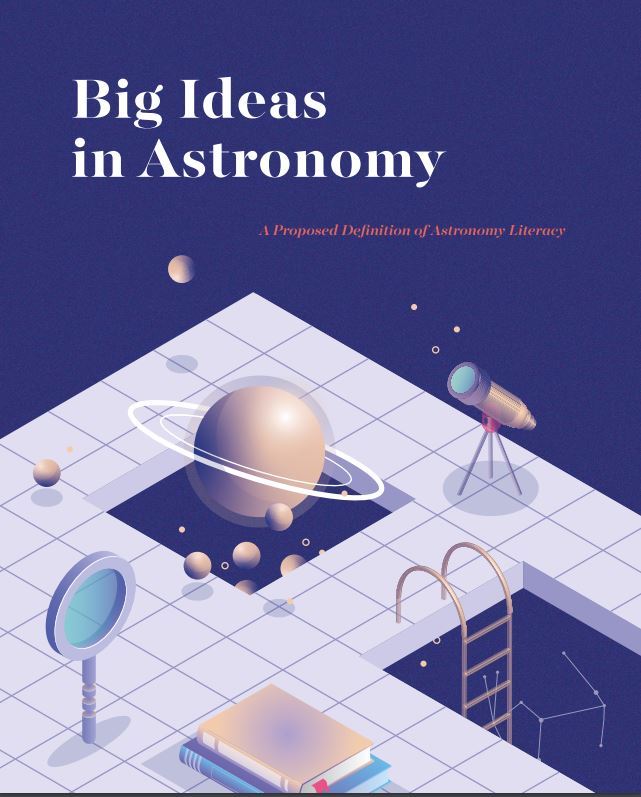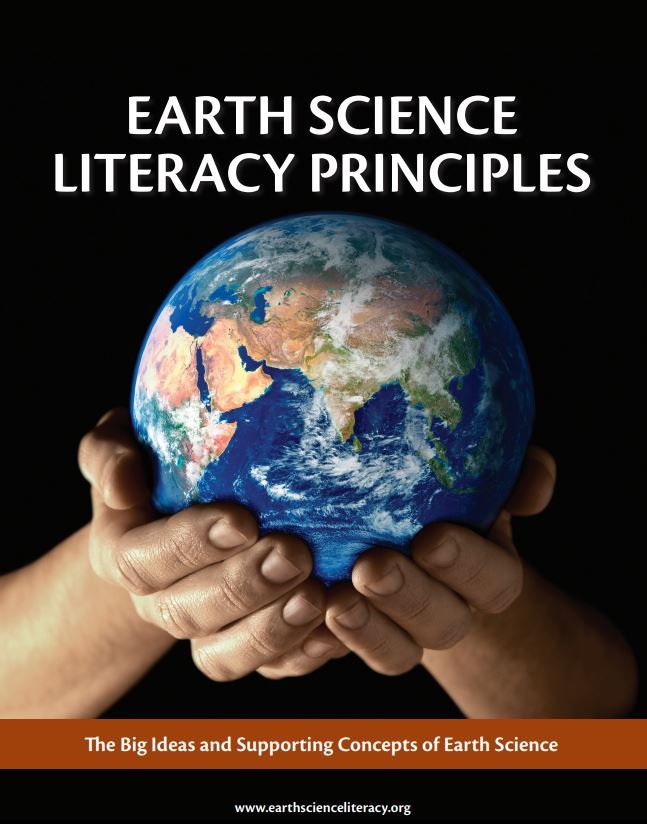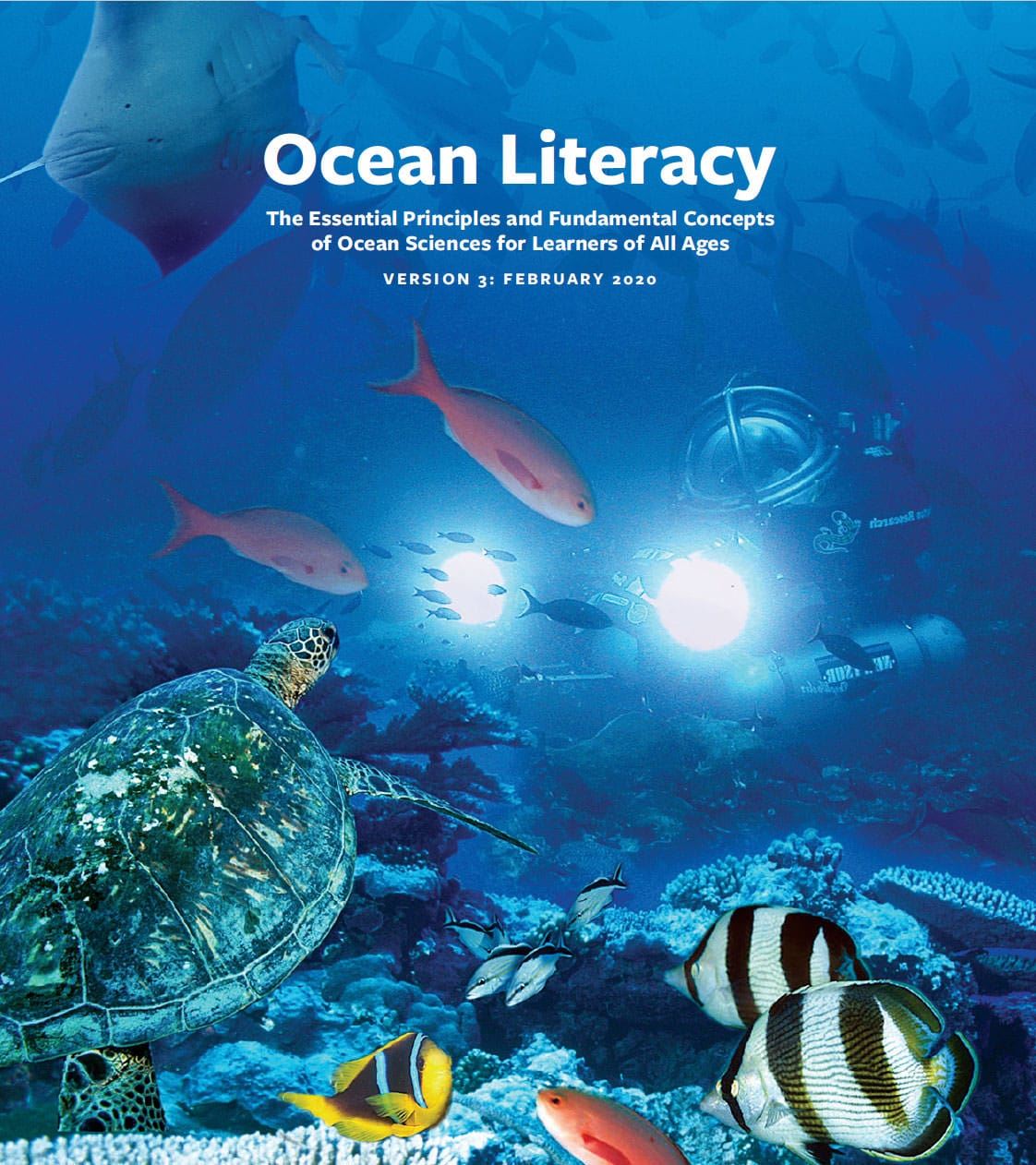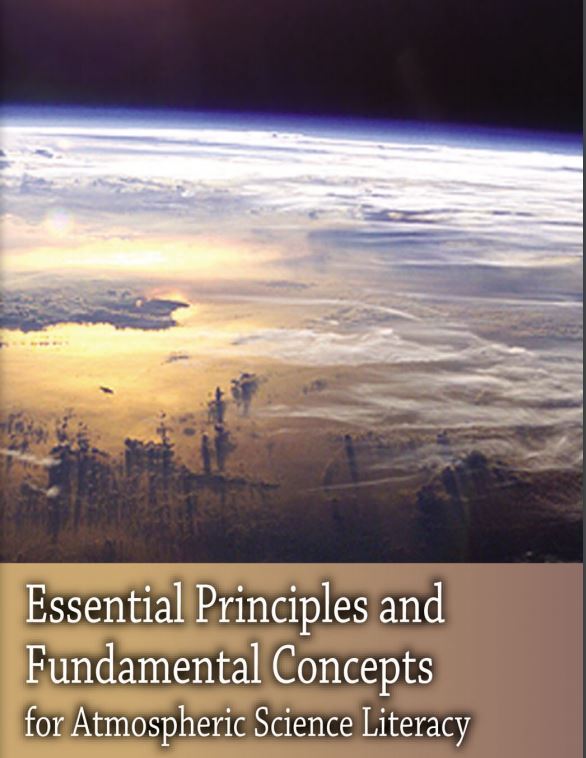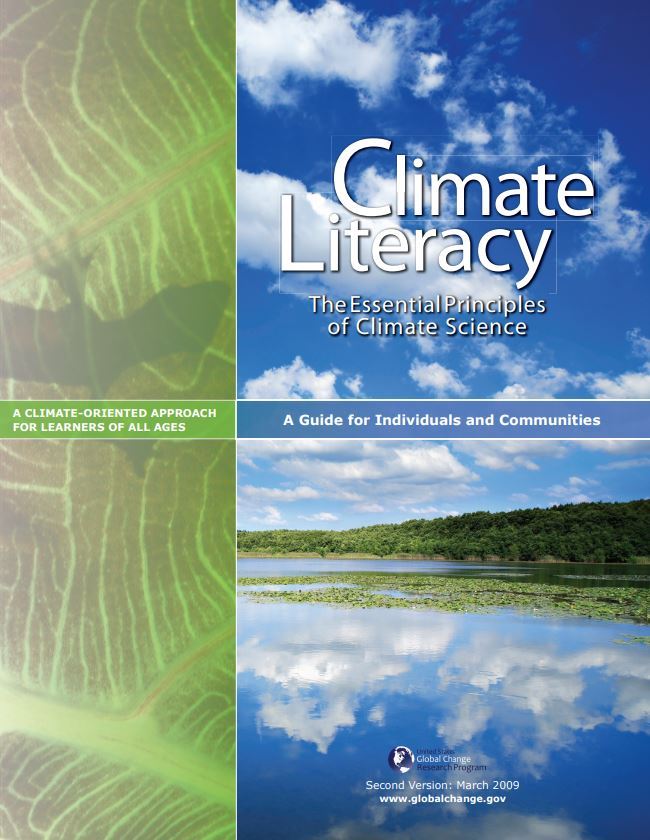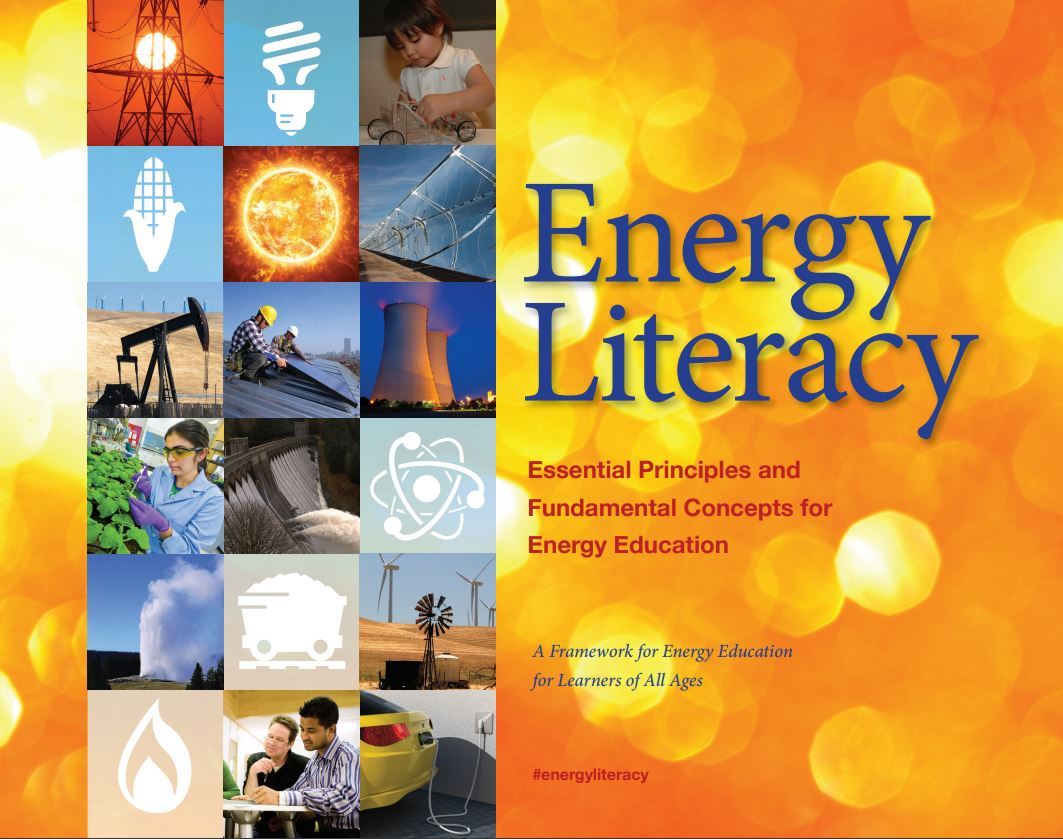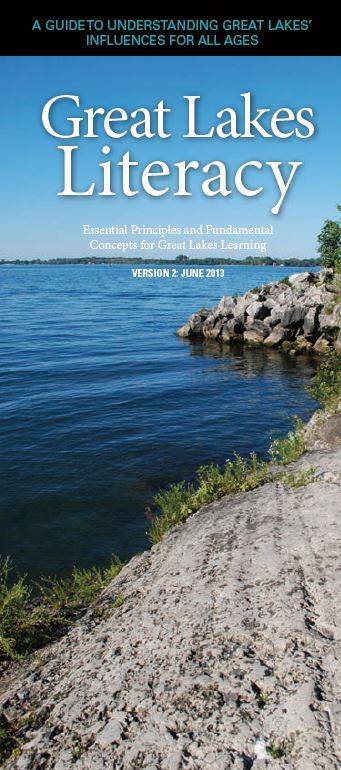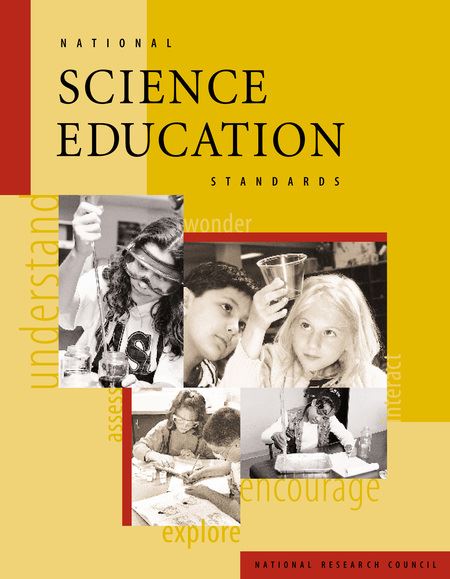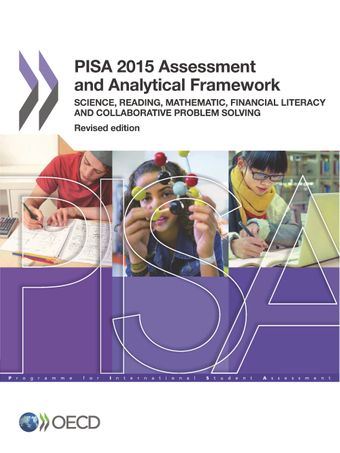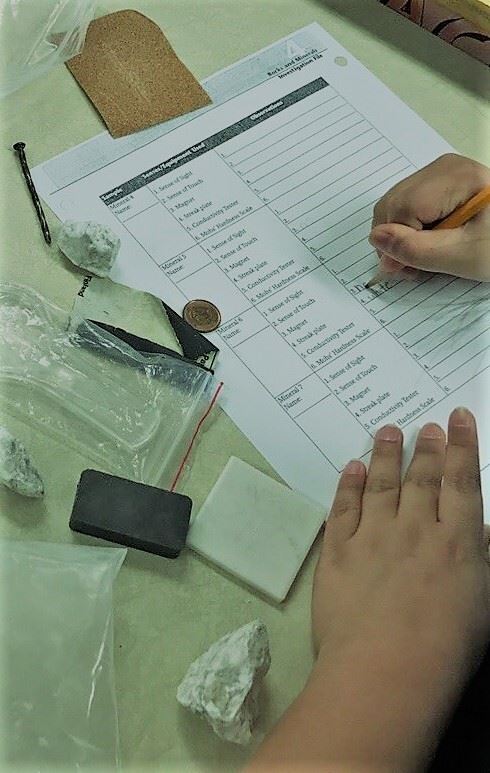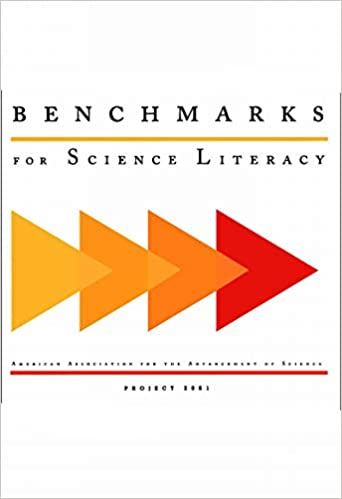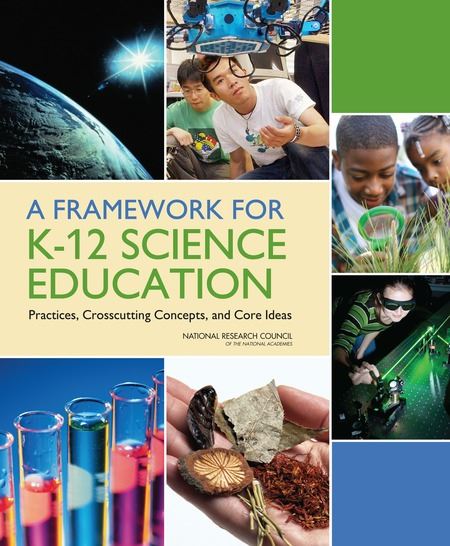Importance of Scientific Literacy
| What is Scientific Literacy?
Highly used across today’s media, yet low understanding in meaning—So, what does it mean to incorporate scientific literacy / be scientifically literate?
—a citizen's ability to possesses knowledge/skills to make informed decisions involving scientific issues, through a process of life-long science learning. To achieve knowledge, the science community must engage the Public to gain necessary knowledge/skill-development to make decisions currently facing our planet As public policies are driven through use of science/statistics, can the Public make sound choices? Are they easily manipulated by political rhetoric, social media, memes, etc? Discern the difference between quality of resource? NESTA encourages educators to engage their students with relevant tools that assist to become scientifically literate citizens of tomorrow |
Earth & Space Sciences Literacy Guides |
Scientific Literacy Definitions |
Knowledge & understanding of scientific concepts/processes required for personal decision making, participation in civic/cultural affairs & economic productivity A scientifically literate person has capacity to:
| Ability to engage with science-related issues & with the ideas of science, as a reflective citizen A scientifically literate person willing to engage in reasoned discourse about science & technology requiring competencies to:
|
Science Literacy Skills
|



.jpeg)
